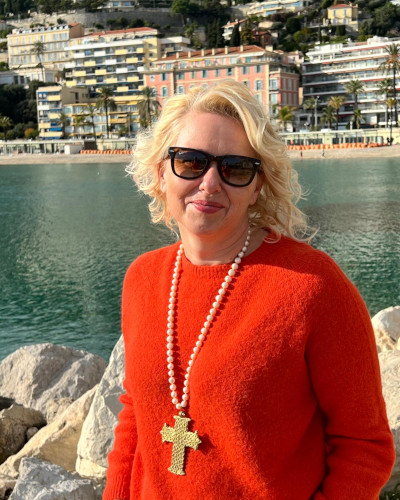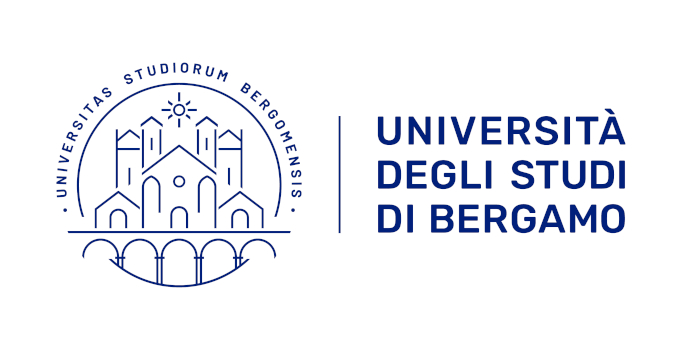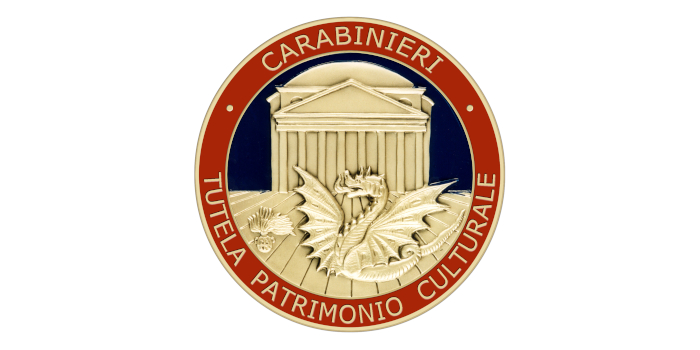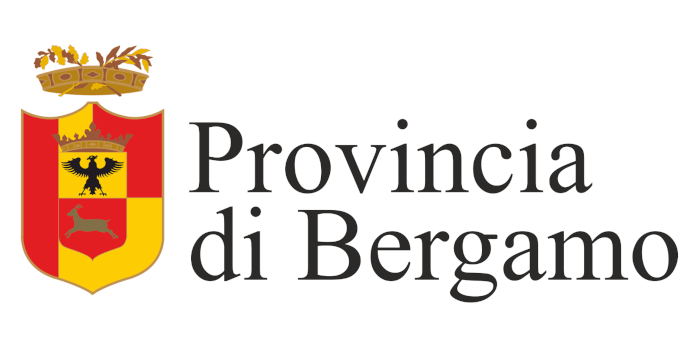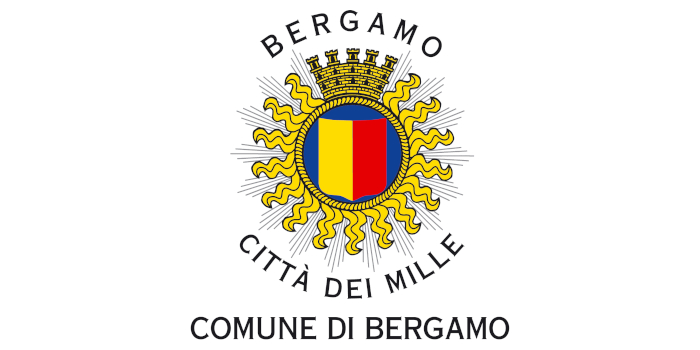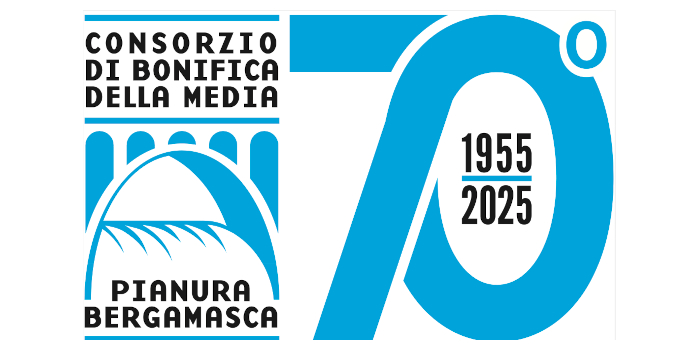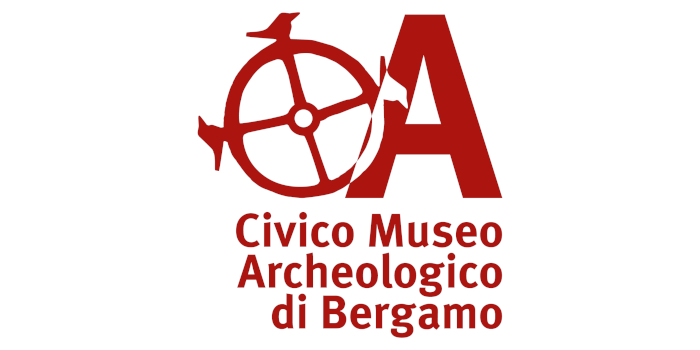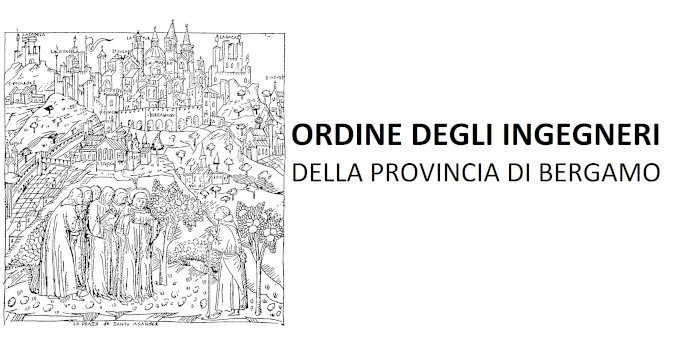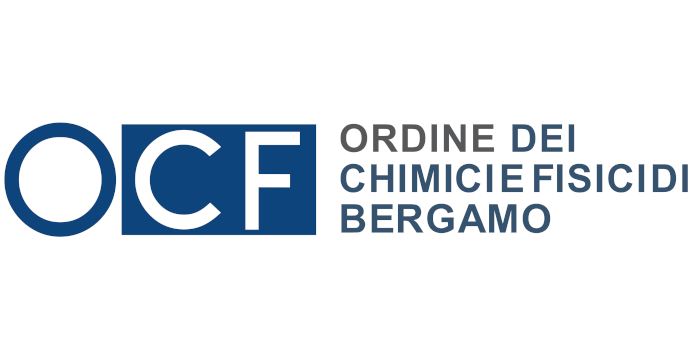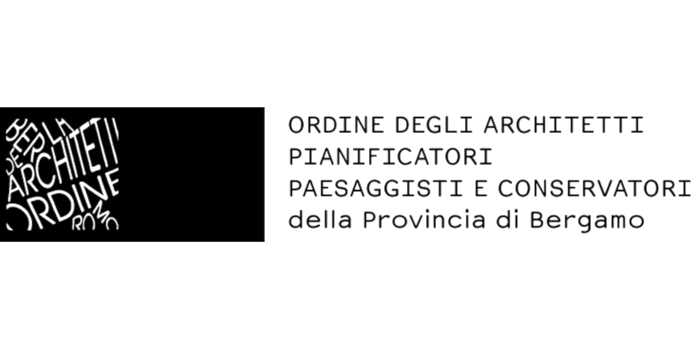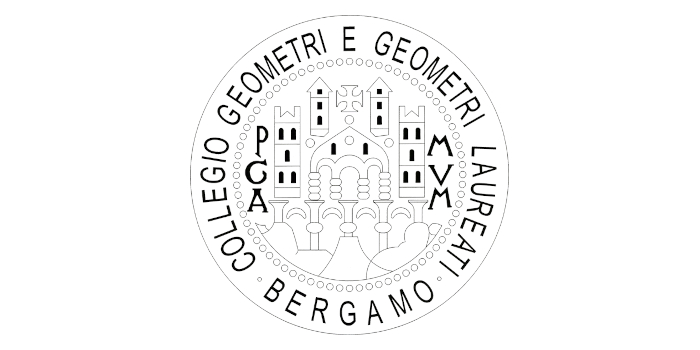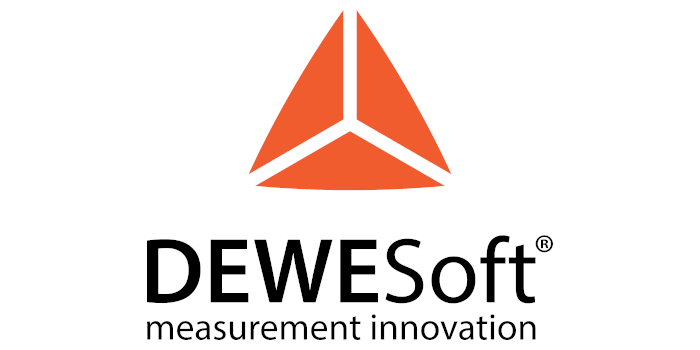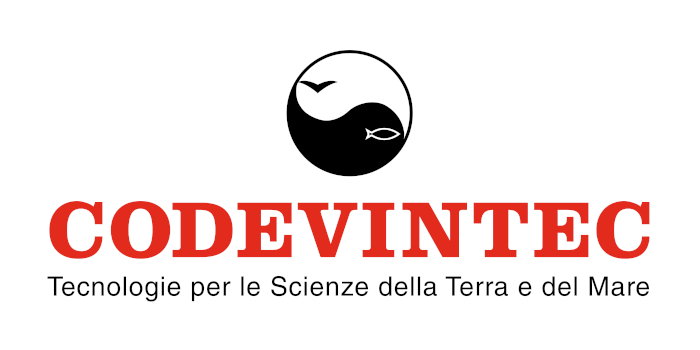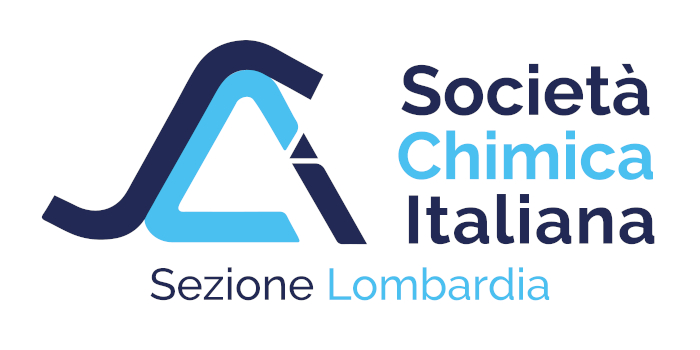SPECIAL SESSION #7
Analytical Characterization of Forest By-Products in Cultural Heritage: Exploring Potash, Pitch, Tar, Resin, and Charcoal
ORGANIZED BY
Jeannette Lucejko
Department of Chemistry and Industrial Chemistry, University of Pisa, Italy
Magdalena Zborowska
Department of Forestry and Wood Technology, Poznań University of Life Sciences
Erika Ribechini
Department of Chemistry and Industrial Chemistry, University of Pisa, Italy
ABSTRACT
The special session will focus on the analytical characterization of historical and archaeological materials derived from major forest by-products in Europe—Potash, pitch, Tar, Resin, and Charcoal (PoTaRCh). These materials represent a fundamental aspect of traditional forest exploitation and have played an integral role in various historical economies, crafts, and industries. Understanding their composition, transformation, and interactions with environmental factors is crucial for both heritage conservation and broader archaeological research.
TOPICS
The session will bring together researchers specializing in analytical and archaeological chemistry, material characterization, and conservation science to discuss the following key topics:
- Exploring the origins and traditional technologies: Identification of historical production sites, raw material sources, and manufacturing techniques of PoTaRCh materials through compositional and isotopic analyses.
- Chemical and analytical approaches: Utilizing modern analytical techniques, including spectroscopy, chromatography, and mass spectrometry, to determine chemical signatures, degradation processes, and environmental interactions of PoTaRCh materials.
- Development of methodological frameworks: Establishing protocols for the identification of the biological origin of PoTaRCh materials, detecting technological and anthropogenic modifications, and defining new research directions in the field.
- Interdisciplinary research perspectives: Bridging heritage science, environmental chemistry, and material analysis to enhance the understanding of PoTaRCh’s historical significance, economic impact, and conservation challenges.
This session invites contributions from researchers engaged in compositional analysis, methodological innovation, and case studies highlighting the application of analytical techniques to PoTaRCh-related materials. The session will foster discussions on best practices, challenges, and future directions in the analytical study of forest by-products within the framework of cultural heritage and archaeological sciences.
By integrating advanced analytical methods with historical and archaeological inquiry, this special session aims to provide a comprehensive perspective on the past of forest by-products and their role in shaping human history. This session is organized as part of COST Action CA22155 – EU-PoTaRCh (European Network on Potash, Tar, Resin, and Charcoal), specifically by Working Group 2 (WG2 – Analytical Characterization), which focuses on the compositional study and methodological approaches for the characterization of these materials.
ABOUT THE ORGANIZERS
Jeannette Jacqueline Lucejko is an Associate Professor in Analytical Chemistry at the University of Pisa. Her research focuses on the development and application of advanced analytical techniques, particularly pyrolysis, chromatography, and mass spectrometry, for the characterization of archaeological organic materials. She specializes in the study of resins, tars, and pitches, investigating their composition, degradation, and preservation in archaeological and artistic contexts.
Her expertise extends to the analysis of lignocellulosic materials, with a particular interest in understanding the chemical transformations of waterlogged wood and their impact on conservation strategies. She has contributed to numerous national and international research projects and has published extensively in high-ranking peer-reviewed journals.
She is the author of over 70 articles in high-level peer-reviewed international journals and has actively collaborated with various research institutions and universities. Her research advances the knowledge of organic substances in cultural heritage, including vegetable oils, plant resins, natural waxes, and bitumen.
Magdalena Zborowska is a Full Professor in Forestry at the Department of Forestry and Wood Technology, Poznań University of Life Sciences (PULS). Her research focuses on the application of advanced instrumental techniques, including spectroscopy and chromatography, for the analysis and characterization of biomass and organic materials of archaeological origin. She specializes in assessing the degradation of archaeological wood and investigating the composition, structure, and properties of wood tar and pitch.
She has authored over 100 publications in high-ranking international peer-reviewed journals and has actively collaborated with numerous research institutions and universities in Poland and abroad. She has been involved in more than 15 national and international research projects, contributing to advancements in the fields of biomass analysis, wood degradation, and historical organic materials.
Currently, she serves as the chair of COST Action CA22155 – Network for Forest By-Products: Charcoal, Resin, Tar, Potash (EU-PoTaRCh), fostering international cooperation in the study and utilization of these historically significant natural resources.
Erika Ribechini is a Full Professor in Analytical Chemistry at the Department of Chemistry and Industrial Chemistry, University of Pisa (UNIPI). Her research focuses on the development and application of advanced analytical techniques, particularly chromatography and mass spectrometry, for the characterization of organic natural substances in complex samples from archaeological findings, works of art, and food.
She specializes in the chemical analysis of organic materials, with a focus on resins, waxes, bitumen, and other natural substances used in historical contexts. Additionally, her research explores the reactivity of lignocellulosic biomass under pyrolysis conditions, utilizing techniques such as Py-GC/MS and EGA-MS to investigate its transformation processes.
She is the author of over 125 publications in high-ranking international peer-reviewed journals and has actively collaborated with numerous research institutions and universities in Italy and abroad. She has participated in more than 15 national and international research projects, contributing to advancements in archaeological chemistry, biomass characterization, and cultural heritage studies.


